What does EMS week mean to you?
This week is an opportunity to recognize and acknowledge the efforts of EMS providers in our communities. It also allows these professionals to educate the public about the crucial functions we perform.

Would you please explain the importance of this year’s theme, “EMS Strong: Always in Service?”
Strength comes in multiple forms: physical, mental, emotional. It is also resilience in the face of adversity, all attributes of EMS providers. Whether EMS providers are career or volunteer, they are on duty 24/7 to respond to every call. They serve and protect often with the chance of facing danger – inclement weather, a chemical or electrical hazard, a physical assault or even the possibility of death.
How did you become involved in EMS and what lessons have you drawn from it?
I initially became involved when I purchased my first home. Although there were three fire stations in our town, there was only one firefighter. First, I became a volunteer firefighter and an EMT. That was 25 years ago. I then went on to paramedic school and became a professional firefighter/paramedic.
As a result of this career, I have become a better person in many aspects. It has taught me that first impressions aren’t always correct, and we all make mistakes and deserve a second chance. I’m a better listener, try to be non-judgmental, and put others before myself at times.
What drives your passion for EMS?
At the top of my list is helping others during their time of need and just letting them know that someone cares.
My passion also comes from helping the people I serve and those with whom I’ve had the honor to work with. I’ve had great mentors in my life: my parents, family, coworkers and peers from the AHA, ILCOR and NAEMSP.
My personal desire to give back to the community, the opportunity to witness the evolution from consensus medicine to evidence-based medicine, and involving myself in that research also drive my passion.
What role does EMS play in successful outcomes for patient resuscitation?
EMS providers are involved in all levels of a resuscitation, from teaching a CPR or First Aid class to providing advanced life support to a patient. Additionally, EMS is found throughout the AHA’s chain of survival for out-of-hospital cardiac arrest.
What don’t people realize about the EMS profession?
Most people don’t know what we actually do. It’s not what is portrayed on television or in the movies. EMS providers choose this career, and they and their families make great sacrifices. They leave to answer the call in the middle of dinner or a child’s birthday party, holidays away from home; work irregular schedules; suffer sleep deprivation and increased cancer risk for firefighters. And those are just a few.
And this is important. Yes, we’re trained. However, many people don’t realize that with minimal time and training on their part, such as taking a CPR or First Aid course, they can save a life.

Saw this before and responded before. You must be very proud!